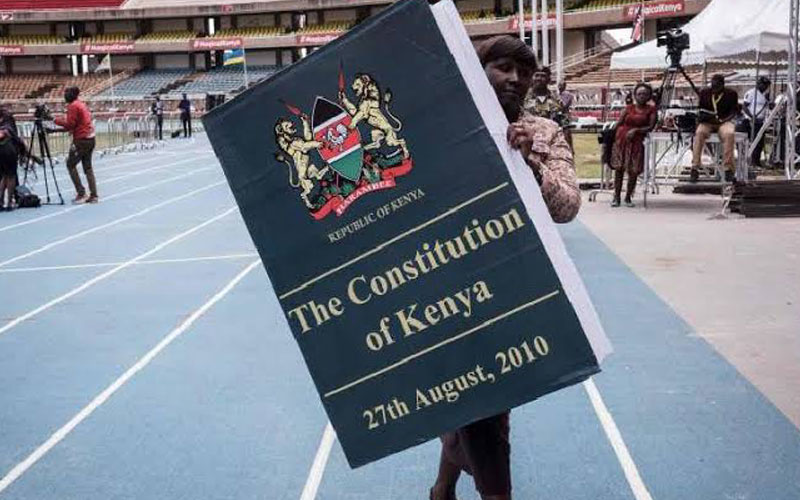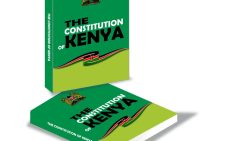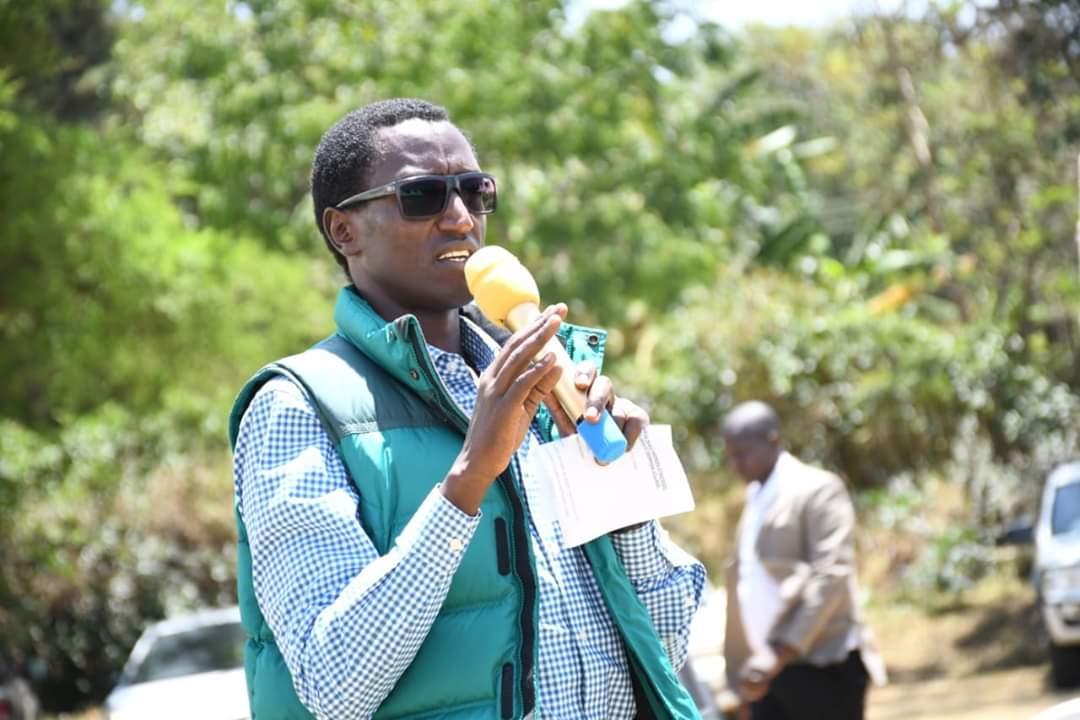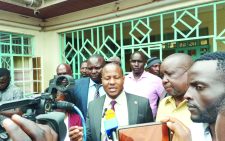Article 1 should guide this constitutional moment

A historical exploration of the political space through the 1992 multiparty elections to the 2013 elections that ushered in devolution, speaks of notable gains in the new constitutional dispensation.
Key among the gains being devolution, an expansive Bill of Rights and separation of power between the three arms of government.
However, in the political arena we have sort of made some stagnant steps. Power has been concentrated in the hands of the institution of the presidency and the separation of power envisioned in the constitution has proved problematic in the functioning of the three arms of governance.
Some have even said that parliament is ‘dead’ and ironically, despite going for a purely presidential system with separation of powers we still have folks crying out for opposition. This is an indictment of the constitution.
As an assembly and through committees, legislative leaders are supposed to address themselves independently in dealing with issues that affect the mwanaichi.
The ideal spirit envisioned in drafting of the constitution is of a robust house where the majority would provide a legislative framework for their party to deliver on blueprint in their manifesto.
In addition, Kenyans thought of a majority that would ensure their party leader, the president, has morally and functionally competent people in the cabinet and other policy implementation spaces to deliver for Kenyans.
Most importantly legislators would ensure these people deliver not just in the interest of the party, but the sovereign people.
That has not worked and instances such as the senate impasse, the endless calls by Kenyans for Raila Odinga to speak on issues affecting the them speaks volumes about the constitution.
In fact as it is, we will always have the President at State House heading a party with a majority in parliament and that would always present the perception of lack of true separation.
This calls into questions issues of inclusivity, the winner takes it all, and role of the party that garners second highest number of votes, especially if the percentage garnered is substantive like we have seen in the last two elections.
You see, when people ask questions such as why do we need to change or review the constitution, they need to be directed to these glaring issues.
If the constitution is good, why should we still cry out to individuals? What other audit do we need when the elections we have had since the Constitution 2010 was promulgated have left us more divided with this perception of exclusion.
Articles 255 to 257 of the Constitution 2010 present clarity on the process of changing the constitution.
Three routes include a parliamentary route without a referendum in which case both houses have to pass any amendments by a 2/3 majority.
This is not an easy feat and the second, a parliamentary route too, requires it to take us to a referendum where Kenyans have the final say.
Third, is a popular route through the people where one million signatures of registered voters have to endorse the bill which will then have to be passed by at least 24 counties and then goes to parliament where parliament either passes it as it is or passes it on for a referendum depending on the changes.
Whichever route, the process is people centred, very difficult and no one would just wake up to change the constitution unless the opportunity cost of not changing it is extremely high and costly on Kenyans.
Anyhow, we probably need to stop and think. Think about article one of the Constitution that gives us power, which we need to exercise directly.
Politicians have a relationship that is a going concern, and the nature of their relationship at one given moment is anchored on their interest.
We have the constitution as a guarantor of civil liberties and we are the ones to make the moment a constitutional moment. — The author is a PhD candidate in political communication














